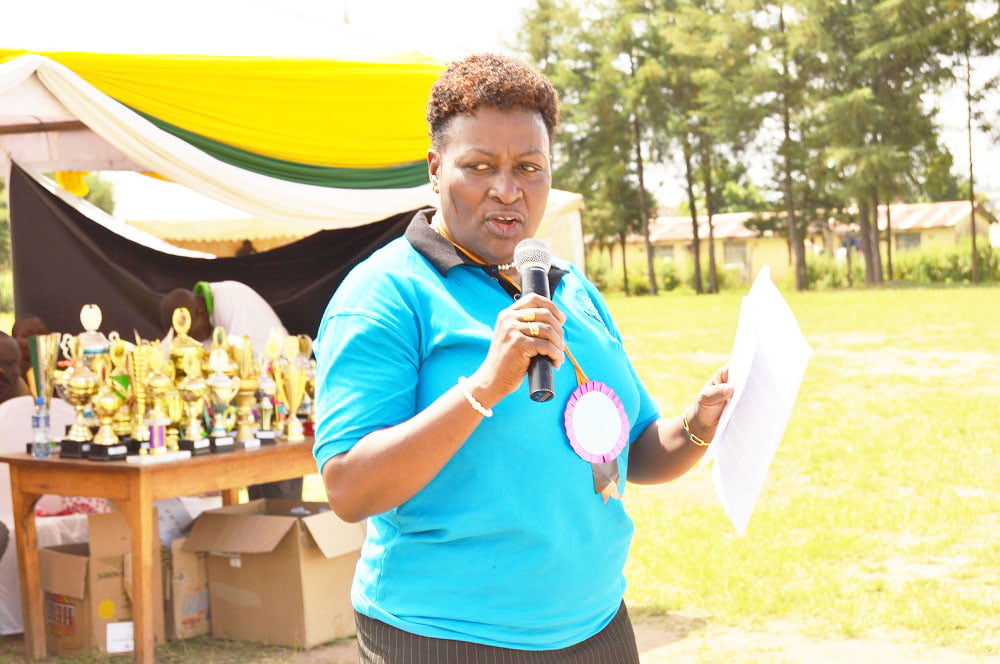By Our Reporter
Members of Parliament are this afternoon [October 25, 2022] expected to debate and adopt a policy on development of a School Feeding Programme for learners in both public primary and secondary schools in the country.
If the policy which is contained in a motion being moved by Kakamega County Woman Representative Hon. Elsie Muhanda and listed in today’s order of the business of the first session of the National Assembly will be adopted; it will be implemented by the State Department of Basic and Early Learning in the Ministry of Education.
According to Hon. Muhanda, school meals have multiple benefits, such as increased school enrolments and attendance as well as a significant and positive contribution to reducing hunger and improving nutrition.
“Primary school completion rates have been found to be higher in schools with meals provided, thus school meals remain a core development intervention to support the country’s achievements in the education sector,” she stated in the order paper.
She added that some county governments have adopted direct and community-led initiatives for Early Childhood Development Education (ECDE) school feeding programmes but she was concerned that the exercise was not supported by a clear policy and budgetary framework.
The representative further said that it does not support learners in primary and secondary schools who form the basic education ecosystem.
However, Hon. Muhanda notes that in places where the programmes have been initiated, some challenges have impeded their effectiveness including; insufficient resources due to low budgetary allocation and budget cuts, lack of a school feeding policy, inadequate and safe cooking and drinking water, drought and famine, poor food storage, lengthy procurement process, insecurity and dilapidated infrastructure among others.
“This House therefore resolves that the Ministry of Education, through the relevant State Department, immediately develops a school feeding policy to cover basic education pupils and sustain the program in order to ensure that children are maintained in schools for effective learning and to improve their well-being,” she added.
Although the government assumed full funding of the programme in 2018, World Food Programme (WFP) continues to provide capacity development support for both National and County governments to strengthen implementation of the school feeding programmes.
The School Feeding Programme targets 2.5 million learners in primary schools in 66 sub counties, mainly in Arid and Semi-Arid Regions and informal settlements.






